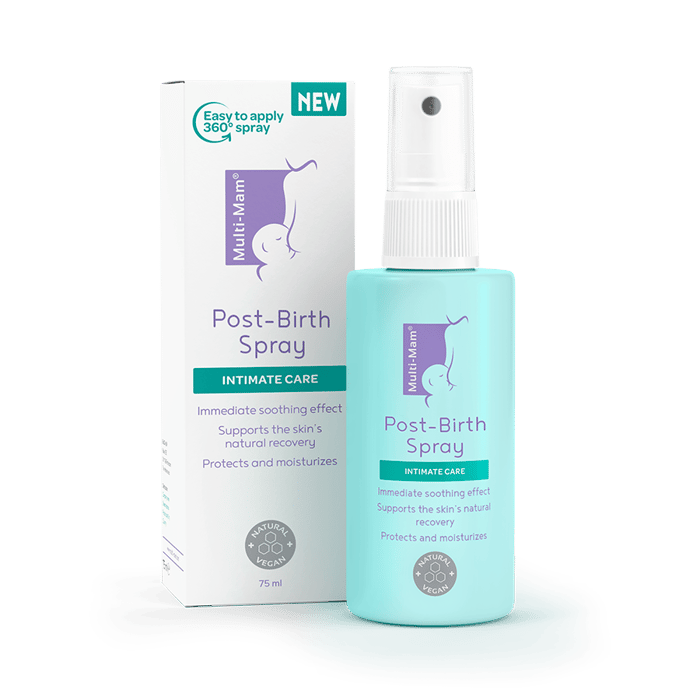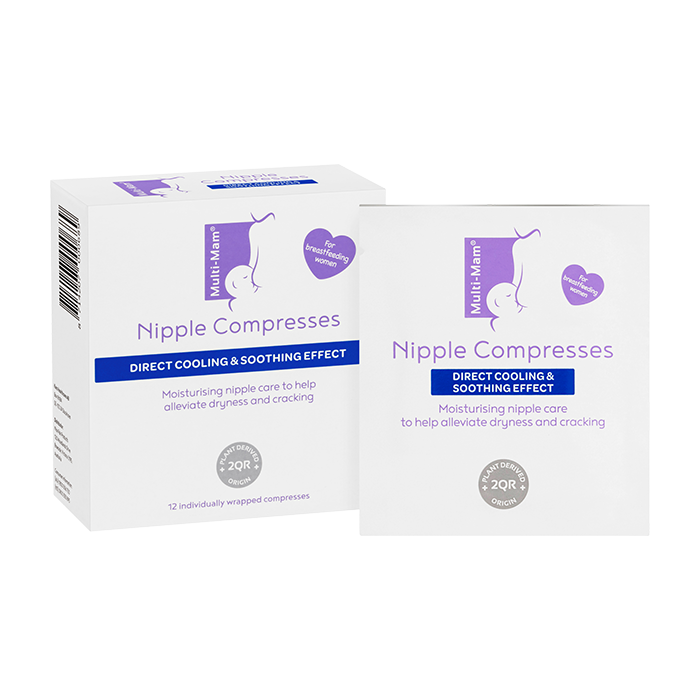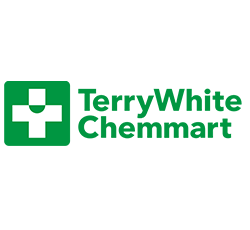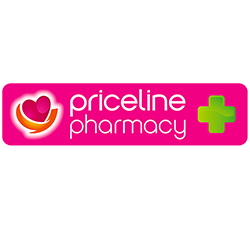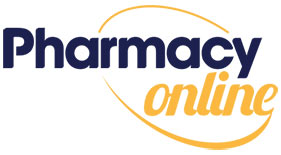Itchy Nipples and Breasts
Nipples and breasts are very sensitive and can become irritated for a variety of reasons. Irritation can result in itchiness, dryness, soreness, and inflammation. There are many reasons for sore itchy nipples and breasts, and understanding the causes can help you prevent and treat your itchy sore boobs.
There are many reasons why you may have itchy nipples or a tender itchy breast. If the itchiness does not last long and there are no other symptoms, then chances are it was simply a contact itch that is no different from having an itch anywhere else on your person. However, if the itching persists, there are a few common (and not so common) causes.
Pregnancy
The body goes through a lot of changes during pregnancy. Breast changes are a normal side effect of pregnancy due to the hormonal changes in your body. There are several reasons why you may develop itchy nipples or experience itchy breasts during your pregnancy, including:
Hormonal changes
Oestrogen and progesterone, in particular, cause fluctuations in the breast and can result in your nipples and breasts feeling itchier or more sensitive than normal.
Breast growth
Breasts also typically grow during your pregnancy. Side effects of this growth can include itchiness, tingling, and even burning. Your breasts and, in particular, your nipples may be more sensitive. You may even notice that your skin becomes drier and more prone to cracking or flaking during your pregnancy.
Prurigo
Prurigo is another pregnancy-related side effect that can result in small, itchy bumps to form on your chest, breast, nipples, and elsewhere on your body. Prurigo of pregnancy can occur during any trimester; 1 out of every 300 people will develop prurigo during pregnancy. Topical steroids or oral antihistamines are the go-to treatment for prurigo.
Pruritic urticarial papules and plaques of pregnancy (PUPPP)
Pruritic urticarial papules and plaques of pregnancy (PUPPP) is a specific rash that can develop during the third trimester of pregnancy. Between 1 out of 130 to 300 people will develop PUPPP during their third trimester. PUPPP is a type of rash that causes itchy red patches. These patches usually develop on the stomach but may also spread to the arms, legs, and even the breasts. Topical treatments, as well as allergy medication, are typically used to help reduce the symptoms of PUPPP, and most if not all symptoms stop after delivery.
Breastfeeding
Sore and itchy nipples are common when you are breastfeeding. There are several reasons why you may experience itchy painful nipples while you are breastfeeding.
Infant suckling
Infants suckle to get breast milk which can cause abrasions, dryness, chafing, and soreness in the process. All of these can cause soreness and itchiness when your body starts to heal.
Itchy tender nipples when you are breastfeeding is normal and can easily be treated and managed with an infant-friendly nipple cream for itchy skin like Multi-Mam Balsam Protect or a Multi-Mam Compresses. Products like these soothe itchy sore breasts and nipples and can also provide an extra barrier that works to speed up the healing process. As the ingredients are natural, you do not need to wipe off the balm before breastfeeding.
Mastitis
If one of the ducts in your breast is blocked, this can lead to a small lump in your breasts that may cause engorgement, pain, and even itchiness. Relieving this lump can be as simple as directing your infant to suckle in the direction of the lump to alleviate the build-up of breast milk in your breast.
If it is not relieved, then it could lead to mastitis, which will require antibiotics to treat. If left alone, the mastitis could then become a breast abscess.
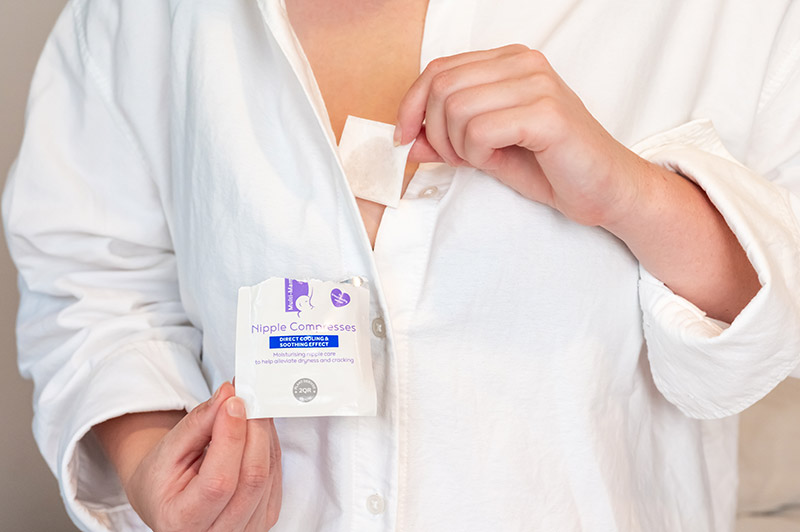
Eczema
Eczema is a common skin condition that typically appears on the hands and arms but can affect any body part, including the breasts and nipples. Eczema can be irritated and inflamed due to scratchy or itchy materials like wool or synthetics. Worldwide around 20% of children and 3% of the adult population have some form of eczema.
Symptoms of eczema in the breast include dry and cracked patches of skin on your breast, areola, or nipple. The skin may appear red, irritated, or inflamed.
Contact Dermatitis
Skin allergies are another common reason for an itchy and painful breast. Detergents, soaps, perfumes, colognes, synthetic materials, chlorine from a pool, and more are all very common allergens that can cause a rash, itchiness, and inflammation. As the nipples and breasts are more sensitive than other areas of the body, they may experience the worst symptoms when in contact with these allergens.
How to prevent dermatitis itchiness
If you have recently changed the products you use or your routine, try to test to see if you are allergic to the ingredients. If you are, you will need to avoid contact with the material or ingredient to avoid itchy and painful nipples.
Yeast Infection
Yeast infections can occur on the nipples. On top of itchy nipples, you may also experience:
- A shiny or raised rash on your nipples, breasts, or chest
- Your nipples are cracked or bleeding
- Your nipples are itching, burning, or tingling
- You are experiencing shooting pain in your nipples
Yeast infections in the breast are most common when breastfeeding. They occur simply because the fungus has a warm, damp environment to develop.
How to prevent yeast infections in the breast
Prevent a yeast infection from occurring by keeping your breasts cool and dry. This may mean changing your bra or shirt more regularly, especially if you are working out or the temperature is high. You will want to be particularly careful when you are breastfeeding or are taking antibiotics.
However, if you already have a yeast infection, you will need to treat it quickly. Treatment is particularly important if you are breastfeeding, as you could end up giving the yeast infection to your child, who will pass it back to you.
How to treat yeast infections in the breast
You can treat thrush or yeast infections with antifungal medications. Antifungal treatment is usually a pill and a topical cream that you place on your nipples to kill the fungus.
Abnormal symptoms to watch out for
While many instances of itchy nipples are nothing to worry about, there are instances where you will want to get in touch with your GP or medical professional. If you experience any of these symptoms, you will want to book an appointment for a second opinion.
- Bloody or yellow nipple discharge
- Inverted nipple
- Ongoing and persistent nipple pain
- Change in texture of your nipple or breast
- Thickening tissue on your nipple or breast
How to prevent itchy nipples
There are a few preventative steps you can take to reduce itchy nipples and breasts.
Change your clothes and bras regularly
Wearing clean, dry clothes reduces the risk of yeast infections and irritation due to bacteria build-up. Always change out of your clothes regularly, and every time you get sweaty.
Moisturise your nipples
Moisturising your breasts and nipples is another easy way to prevent irritation and itchiness, especially during the colder months when dry skin is more common. If your breasts or nipples are itchy during pregnancy or breastfeeding, remember to use nipple cream or infant-safe compresses and treatments that are safe to use when breastfeeding.
Avoid allergens
If you are allergic to a detergent, soap, or material, try to avoid it. Know that excessive exposure to certain chemicals like pool chlorine can cause irritation. Limit or avoid allergens and irritants to avoid itchy nipples.
Itchy Breast and Nipples FAQ
Why are my nipples itchy?
There are many reasons why your nipples may be itchy. If you have persistent itchy nipples, it may be because of cold and dry weather, chafing, an allergic reaction, eczema, pregnancy or breastfeeding.
Why are my nipples dry and itchy?
Nipples are sensitive parts of the body and can dry out and become itchy for a variety of reasons. If you are pregnant or breastfeeding, itchy nipples are a common side effect. Cold weather, itchy clothing, or a new detergent can also cause dry and itchy nipples.
Links & Sources
- https://www.aafp.org/afp/2007/0115/p211.html
- https://academic.oup.com/cid/article-abstract/50/12/1551/303815
- https://www.ncbi.nlm.nih.gov/pmc/articles/pmc1396879/
- https://www.ajronline.org/doi/abs/10.2214/ajr.170.1.9423612

